- IDP China>
- 课程库>
- 工程与技术>
- 物理科学>
- 地球化学>
- Doctor of Philosophy in Geochemistry - Geochemistry and Cosmochemistry
Doctor of Philosophy in Geochemistry - Geochemistry and Cosmochemistry

学历文凭
Ph.D.

专业院系
Earth, Planetary, and Space Sciences

开学时间

课程时长

课程学费

国际学生入学条件
IDP—雅思考试联合主办方

雅思考试总分
7.0
- 雅思总分:7
- 托福网考总分:87
- 托福笔试总分:560
- 其他语言考试:NA
CRICOS代码:
申请截止日期: 请与IDP联系 以获取详细信息。
课程简介
相关申请
 预科
预科 奖学金
奖学金 实习机会
实习机会 在校学习
在校学习 跨境学习
跨境学习 校园授课-线上开始
校园授课-线上开始 在线/远程学习
在线/远程学习
开学时间&学费
学费信息仅供参考,请与IDP联系以获取详细信息
| 开学时间 | 时长 | 学费 | 地点 |
|---|
学校排名

世界排名17
数据源:
泰晤士高等教育世界大学排名
关于加州大学洛杉矶分校

除了哈佛、耶鲁、普林斯顿,UCLA也许是中国学生与家长最为熟知的美国院校了。离太平洋海岸线不到5英里,与贝弗利山庄和好莱坞几分钟的路程,这样得天独厚的地理位置与高居不下的学术排名让UCLA成了众多孩子申请的默认目标。27000名在校生看上去数量很庞大,但其实,UCLA超过一半以上的班级人数都不到20人。他们分布在129个不同的本科专业当中。作为曾经全美公立大学排名第2的UCLA,拿的出手的专业自然相当多,其中最有名的应属工程和应用科学学院。作为NBA传奇球星贾巴尔的母校,UCLA在体育方面的造诣令人叹为观止。目前,UCLA的22支NCAA Division I 运动队获得的冠军头衔总数量排名全美所有高校的第一位。当中最受关注的是UCLA篮球队,无论输赢,场场爆满。每年注册参加UCLA校内运动项目的学生总量都超过8000人。
本校相关课程

Doctor of Philosophy in Gender Studies
学历文凭
Ph.D.
开学日期
课程费用总额

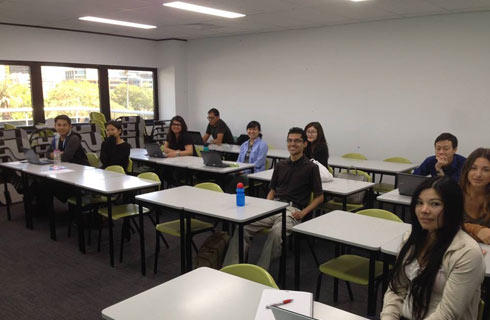
Master of Urban and Regional Planning
学历文凭
Masters Degree
开学日期
课程费用总额

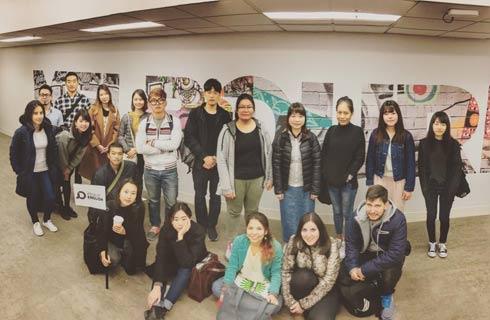
Doctor of Philosophy in Theater and Performance Studies
学历文凭
Ph.D.
开学日期
课程费用总额

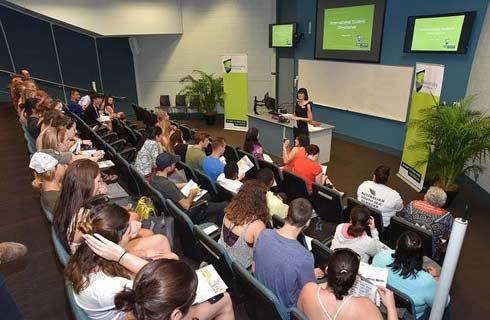
Master of Fine Arts in Acting
学历文凭
Masters Degree
开学日期
课程费用总额

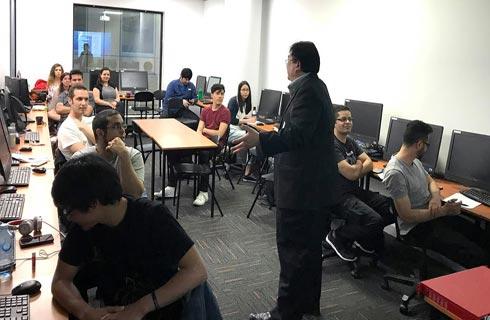
Master of Science in Statistics
学历文凭
Masters Degree
开学日期
课程费用总额


Master of Arts in Spanish
学历文凭
Masters Degree
开学日期
课程费用总额

其他相关课程

地球化学哲学博士
 加州理工学院
加州理工学院泰晤士高等教育世界大学排名:7
学历文凭
Ph.D.
开学日期
课程费用总额


Doctor of Philosophy in Geochemistry
 科罗拉多矿业学院
科罗拉多矿业学院泰晤士高等教育世界大学排名:420
学历文凭
Ph.D.
开学日期
课程费用总额


Doctor of Philosophy in Geochemistry - Planetary Science
 加州大学洛杉矶分校
加州大学洛杉矶分校泰晤士高等教育世界大学排名:19
学历文凭
Ph.D.
开学日期
课程费用总额

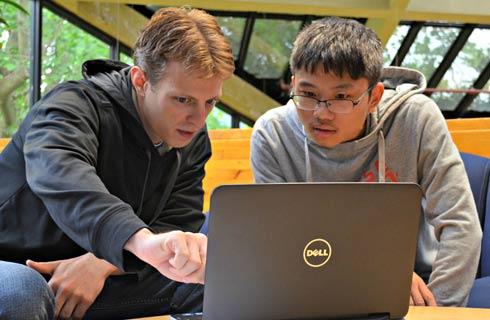
Master of Science in Geological Sciences - Geochemistry
 科罗拉多大学博尔德分校
科罗拉多大学博尔德分校学历文凭
Masters Degree
开学日期
课程费用总额


Master of Science in Oceanography - Marine Geology and Geochemistry
 夏威夷大学马诺阿分校
夏威夷大学马诺阿分校学历文凭
Masters Degree
开学日期
课程费用总额


Doctor of Philosophy in Earth Science - Petrology and High Temperature Geochemistry
 莱斯大学
莱斯大学泰晤士高等教育世界大学排名:103
学历文凭
Ph.D.
开学日期
课程费用总额










